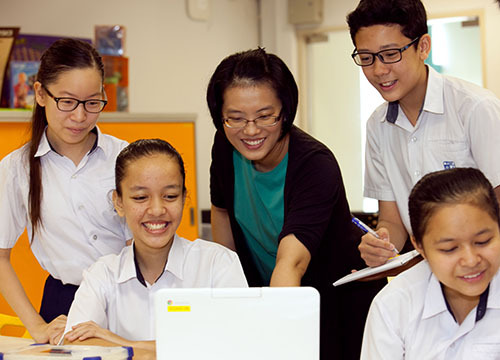
Just imagine schools decades from today – what will they be like?
Pak T Ng ist Associate Dean, Anführen Lernen, und der Leiter der Politik und Führung Studiums Studiengruppe am National Institute of Education (NO), Nanyang Technological University (NTU), Singapur. He teaches in the programmes for school leaders (Principal-ship and Head-of-Department-ship), postgraduate programmes for research candidates (Master, EdD and PhD) and in the foundation programmes for trainee teachers. He has been a frequent contributor to Die globale Suche nach Bildung. It is our great pleasure to welcome him back to share his perspectives on schools in the future.
Just imagine, Pak Tee, Wie wird die Schule der Zukunft umweltbewusster sein?
Im Dezember 2015, many nations around the world gathered in Paris and came to a historic agreement to commit to ways in which the world could address climate change. Global climate change is a serious issue that affects everybody. Deshalb, I envisage that environmental issues will be featured quite prominently in future curricula. Students will discuss these issues from the perspective of science, geography or social studies, and how they could protect the environment. They will be involved in environmental protection projects to raise awareness among people or find possible solutions. Beispielsweise, Singapur, there are workshops in various schools to help students appreciate various environmental issues and equip them with skills for them to be advocates of environmental protection among their friends, families and in the community. The annual Clean and Green Singapore Schools’ Carnival encourages students, teachers and partners in education to showcase their projects that protect the environment. There is also a School Green Awards (SGA) program that promotes awareness of environmental issues and conservation. This has attracted the participation of many students from primary schools, secondary schools, junior colleges, Universitäten, polytechnics and institutes of technical education. These efforts promote awareness among young people to be more environmentally conscious.
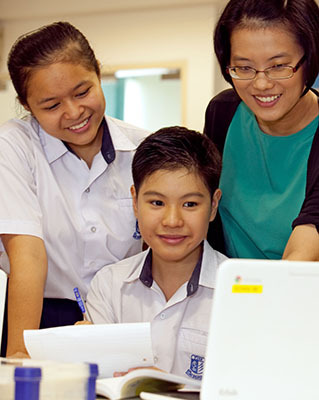
Wie wird die Schule der Zukunft globaler inclusive sein?
As the world becomes more globalized, schools will educate students who come from different parts of the world. Deshalb, schools will have to become more globally inclusive. In school, students will have to learn to understand and appreciate different cultures. They will have to learn how to interact with people who are very different from themselves in a mutually respectful way. Tatsächlich, one of the competencies in Singapore’s 21st century competencies framework is civic literacy, global awareness and cross-cultural skills. One of the key educational messages in Singapore is racial harmony. Each year on 21st July, schools observe the Racial Harmony Day, to mark Singapore’s 1964 race riots, and to remind students of the importance of respecting all races and living harmoniously together. In some schools, students are encouraged to turn up for their classes dressed in ethnic costumes. Schools make the effort to remind students to understand and appreciate one another’s culture better.
How will technology be integrated into the curriculum and how will schools handle the integration of continual advancements in technology?
As technology advances and becomes more pervasive in our lives, it is inevitable that schools will have to keep up with technology simply because that is how work is done and how people communicate. So, the challenge is not about the integration of technology in school. Ziemlich, it is about how technology can be used to enhance the quality of teaching and learning. The focus should not be on how sophisticated a technological tool is. The focus should be on pedagogy and how technology can be used to enhance an existing pedagogy or enable a new and superior pedagogy.
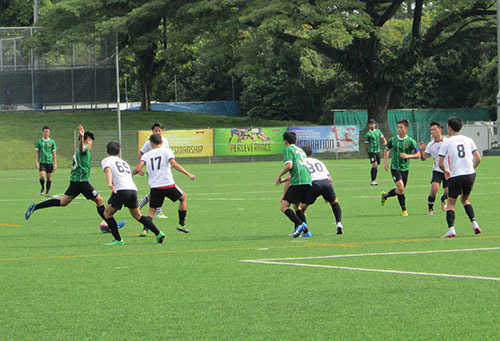
Was wird aus traditionellen Handwerk und Schreiben gelassen werden?
Traditional craft work will be more valued than before because most products will be made by machines. Deshalb, expert craftsmanship that produces high quality or bespoke products will command a premium. Low skilled or poor quality craft work will be replaced by machine-made products. Writing will still be essential as language is the means of communication among people. The challenge in the future could be the decline of the general quality of handwriting or spelling. We are using keyboards and relying on automatic spell checks too often.
Angesichts der Effizienz des Internets und Lernen zu Hause, how much time will be needed in school?
I believe students will still go to school for roughly the same amount of time. School is a place not just for acquiring knowledge but to learn soft skills such as communication, teamwork as well as important life skills. Jedoch, lesson time in school will be more fruitfully used for deep discussions rather than merely information download.
Wie wichtig ist das Vorhandensein von physikalischen Lehrer sein?
The presence of physical teachers will be more important than ever before. In the Internet age, there will be a lot of information and misinformation that students can get through the virtual medium. They need skillful teachers to help them process this large amount of material and distinguish good information from misinformation. Teachers have to help students learn how to synthesize information as well as to create useful knowledge and applications. Am wichtigsten, teachers need to guide students in the area of cyber-wellness and cyber-ethics.
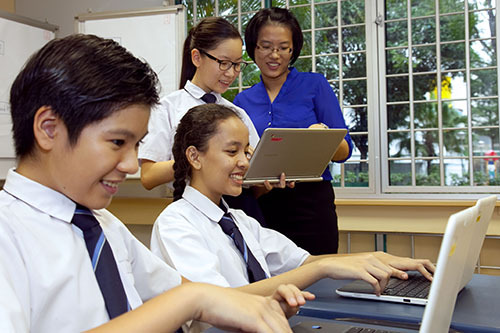
Wird technologischen Fortschritts führen zur Personalisierung von Bildung für einzelne Schüler zu fördern, oder wird sie erhöhen auch die techno-bürokratischen Normungsbedarf?
Paradoxically, technology advancement will lead to further personalization of education to individual students as well as increase the techno-bureaucratic need for standardization. Technology will lead to personalization of education because it enables anytime, anywhere and customized learning modules. Jedoch, because the quality of online learning modules can be so varied across different platforms, employers will still need some ways of knowing whether the learning through such online modules has been substantial. Learners will also want a proof of the worth of their learning. Deshalb, there will still be a demand for some level of standardization and even certification.
Werden wir bestimmte Schüler zu unterrichten “Fächer” in der traditionellen Klassenzimmer, wie wir sie heute haben oder werden Klassen mehr über integrierte / Hybrid-Lernen?
Ja, we will still be teaching students “Fächer”. The division of knowledge into “Fächer” is a way of organizing learning. Jedoch, the knowledge domain of each “subject” will change. Some may even be re-defined. Auch, within a learning program, there will be a lot more integrated and hybrid learning, using real world situations and emphasizing authentic applications. Beispielsweise, Singapur, we are implementing a new integration in our health and sports curriculum. Health education and sports are taught to children in an integrative way by connecting health concepts and sporting activities. In playing a sport, students learn about nutrition, hygiene and safety, and plan a fitness program for themselves to enable them to play that sport and stay healthy. Ein weiteres Beispiel – in a local secondary school, Musik, English and Literature are integrated in a fusion program that allows students to learn all three subjects at the same time and culminates in the production of a school musical.
Mit zunehmender Zeit auf digitalen Vorrichtungen ausgegeben konfrontiert, wie können wir mehr praktische Fertigkeiten zu vermitteln, einschließlich Bewältigung von Stress und zwischenmenschliche Konflikte?
In Singapur, we emphasize social emotional learning for young people. Teachers guide students to develop their inner world and to learn how to handle themselves, interact with others, and lead a well-balanced life. Within the curriculum of social emotional learning, coping with stress and handling interpersonal conflicts are part of the critical learning that students should go through. In these areas, teachers serve as advisors, mentors or life coaches.
Fotos 1, 2 und 4 are courtesy of the Yusof Ishak Secondary School. Foto 3 (soccer game) is courtesy of Pak Tee Ng.
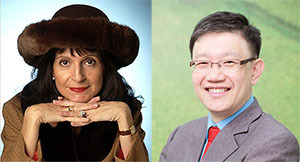

Begleiten Sie mich und weltweit renommierten Vordenkern wie Sir Michael Barber (Vereinigtes Königreich), DR. Michael Block (US-), DR. Leon Botstein (US-), Professor Ton Christensen (US-), DR. Linda Hammond-Liebling (US-), DR. MadhavChavan (Indien), Professor Michael Fullan (Kanada), Professor Howard Gardner (US-), Professor Andy Hargreaves (US-), Professor Yvonne Hellman (Niederlande), Professor Kristin Helstad (Norwegen), Jean Hendrickson (US-), Professor Rose Hipkins (Neuseeland), Professor Cornelia Hoogland (Kanada), Herr Jeff Johnson (Kanada), Frau. Chantal Kaufmann (Belgien), DR. EijaKauppinen (Finnland), Staatssekretär TapioKosunen (Finnland), Professor Dominique Lafontaine (Belgien), Professor Hugh Lauder (Vereinigtes Königreich), Herr Ken Macdonald (Vereinigtes Königreich), Professor Geoff Masters (Australien), Professor Barry McGaw (Australien), Shiv Nadar (Indien), Professor R. Natarajan (Indien), DR. PAK NG (Singapur), DR. Denise Papst (US), Sridhar Rajagopalan (Indien), DR. Diane Ravitch (US-), Richard Wilson Riley (US-), Sir Ken Robinson (Vereinigtes Königreich), Professor Pasi Sahlberg (Finnland), Professor Manabu Sato (Japan), Andreas Schleicher (PISA, OECD), DR. Anthony Seldon (Vereinigtes Königreich), DR. David Shaffer (US-), DR. Kirsten Sivesind (Norwegen), Kanzler Stephen Spahn (US-), Yves Theze (LyceeFrancais US-), Professor Charles Ungerleider (Kanada), Professor Tony Wagner (US-), Sir David Watson (Vereinigtes Königreich), Professor Dylan Wiliam (Vereinigtes Königreich), DR. Mark Wormald (Vereinigtes Königreich), Professor Theo Wubbels (Niederlande), Professor Michael Young (Vereinigtes Königreich), und Professor Zhang Minxuan (China) wie sie das große Bild Bildung Fragen, die alle Nationen heute konfrontiert erkunden.
Die Global Search for Education Community-Seite
C. M. Rubin ist der Autor von zwei weit Lese Online-Serie für den sie eine 2011 Upton Sinclair Auszeichnung, “Die globale Suche nach Bildung” und “Wie werden wir gelesen?” Sie ist auch der Autor von drei Bestseller-Bücher, Inklusive The Real Alice im Wunderland, ist der Herausgeber des CMRubinWorld, und ist ein Disruptor Foundation Fellow.
Folgen Sie C. M. Rubin auf Twitter: www.twitter.com/@cmrubinworld

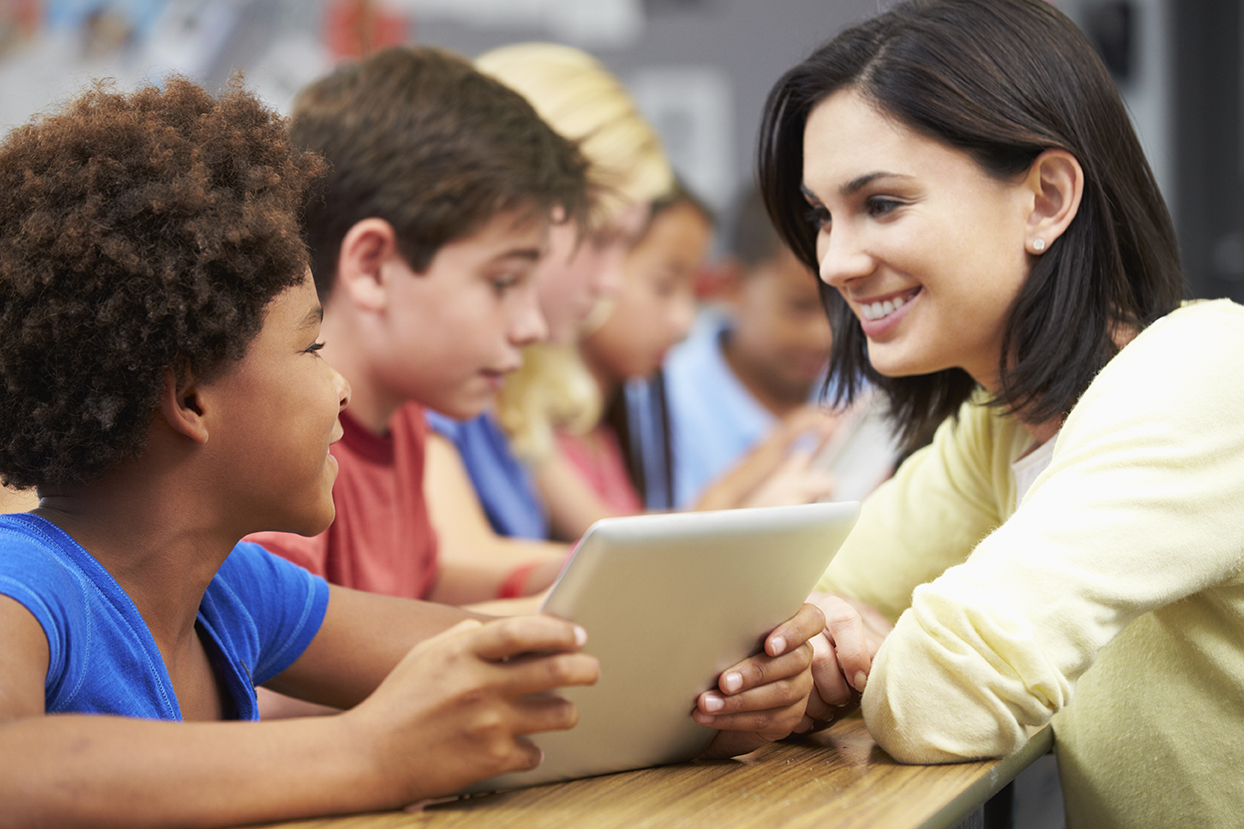
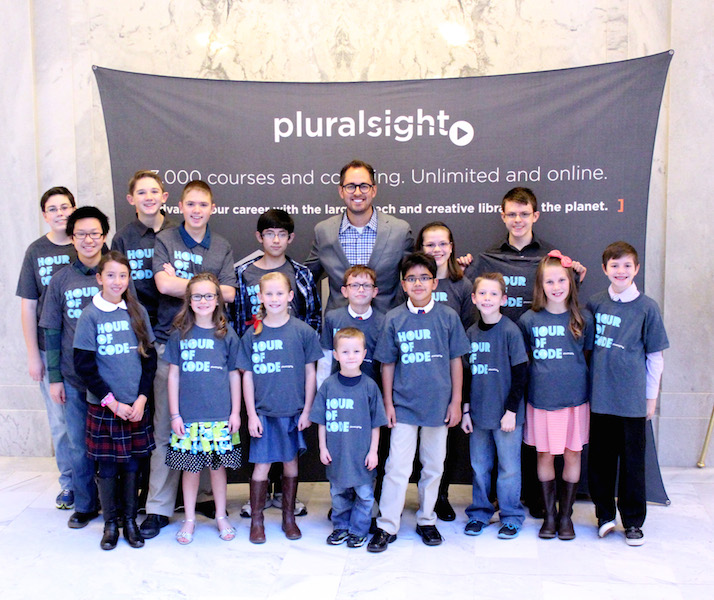
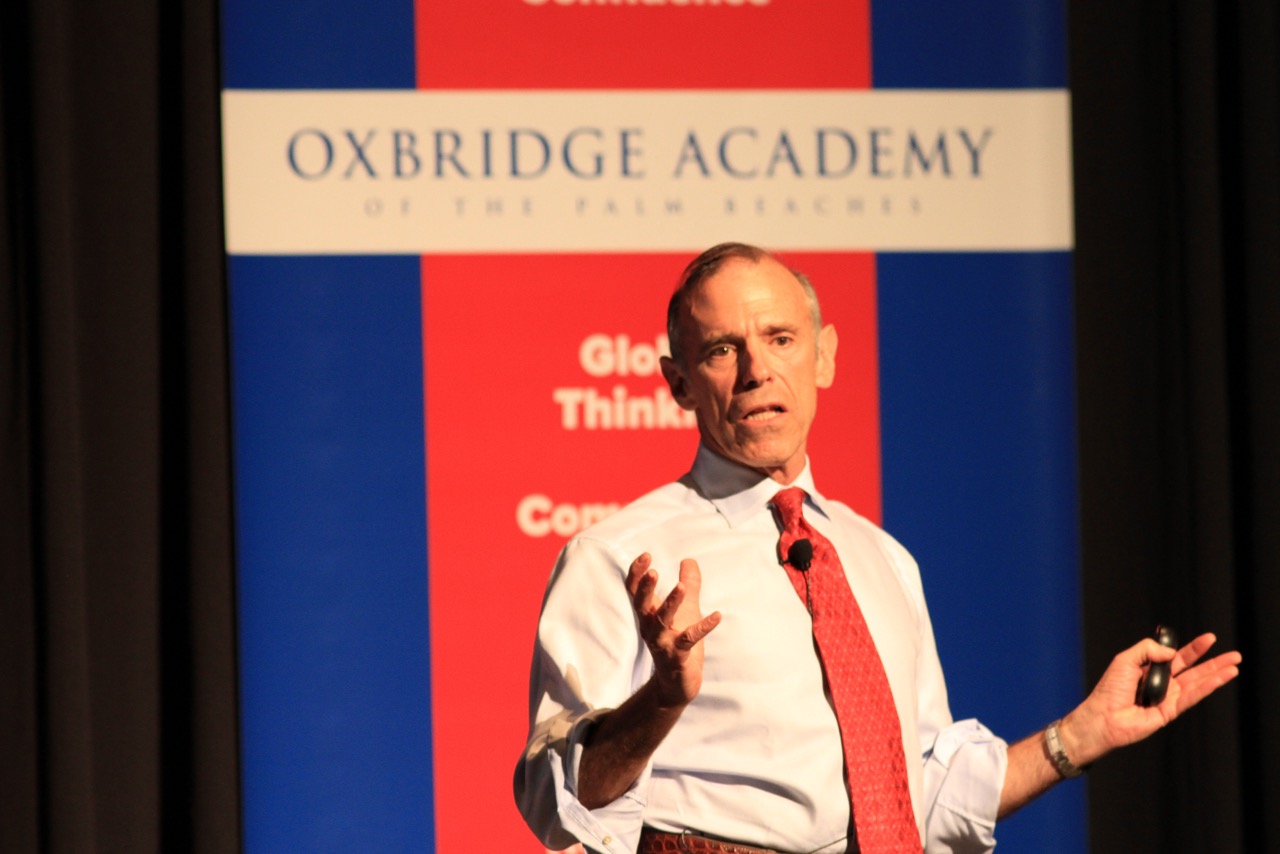
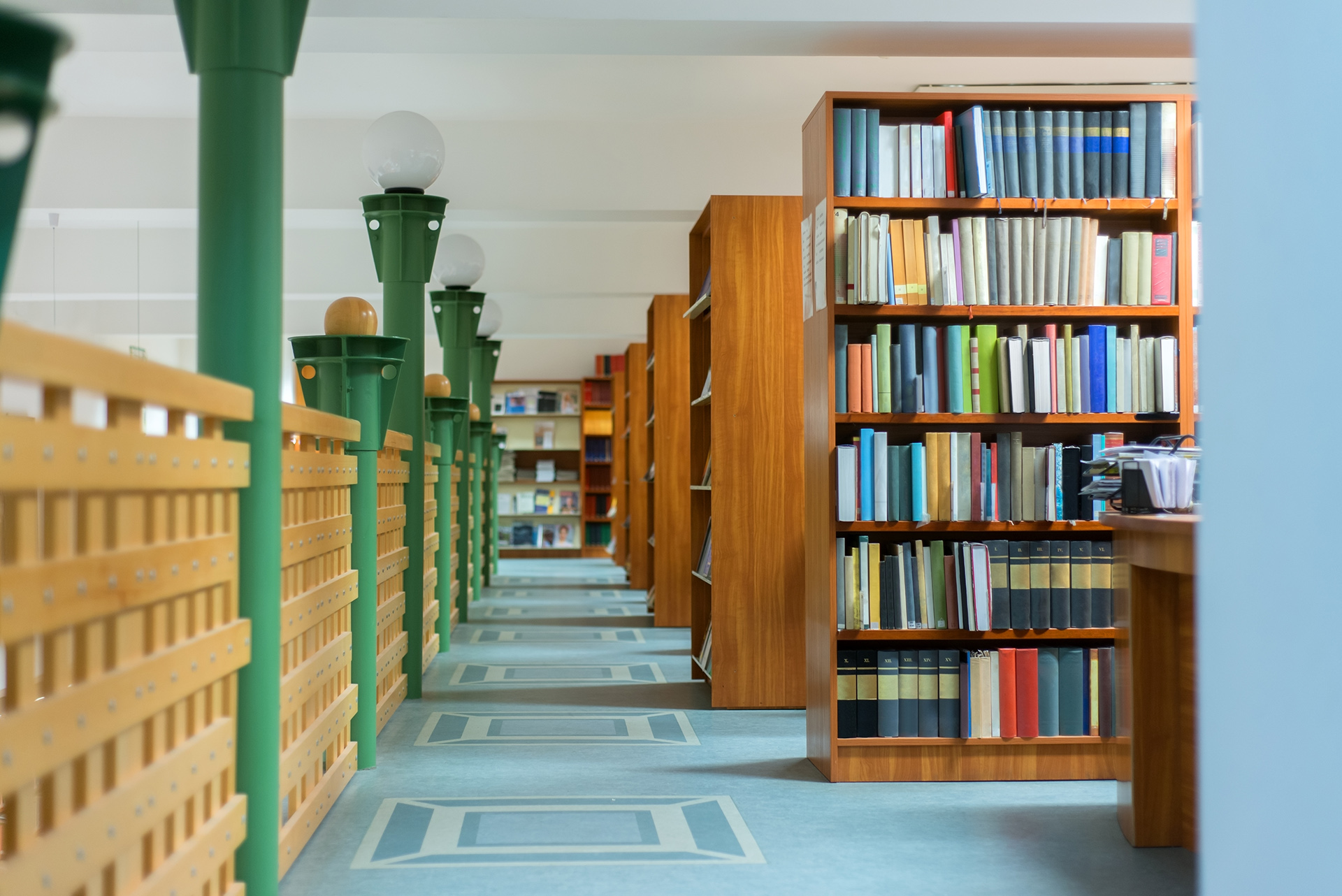
Jüngste Kommentare